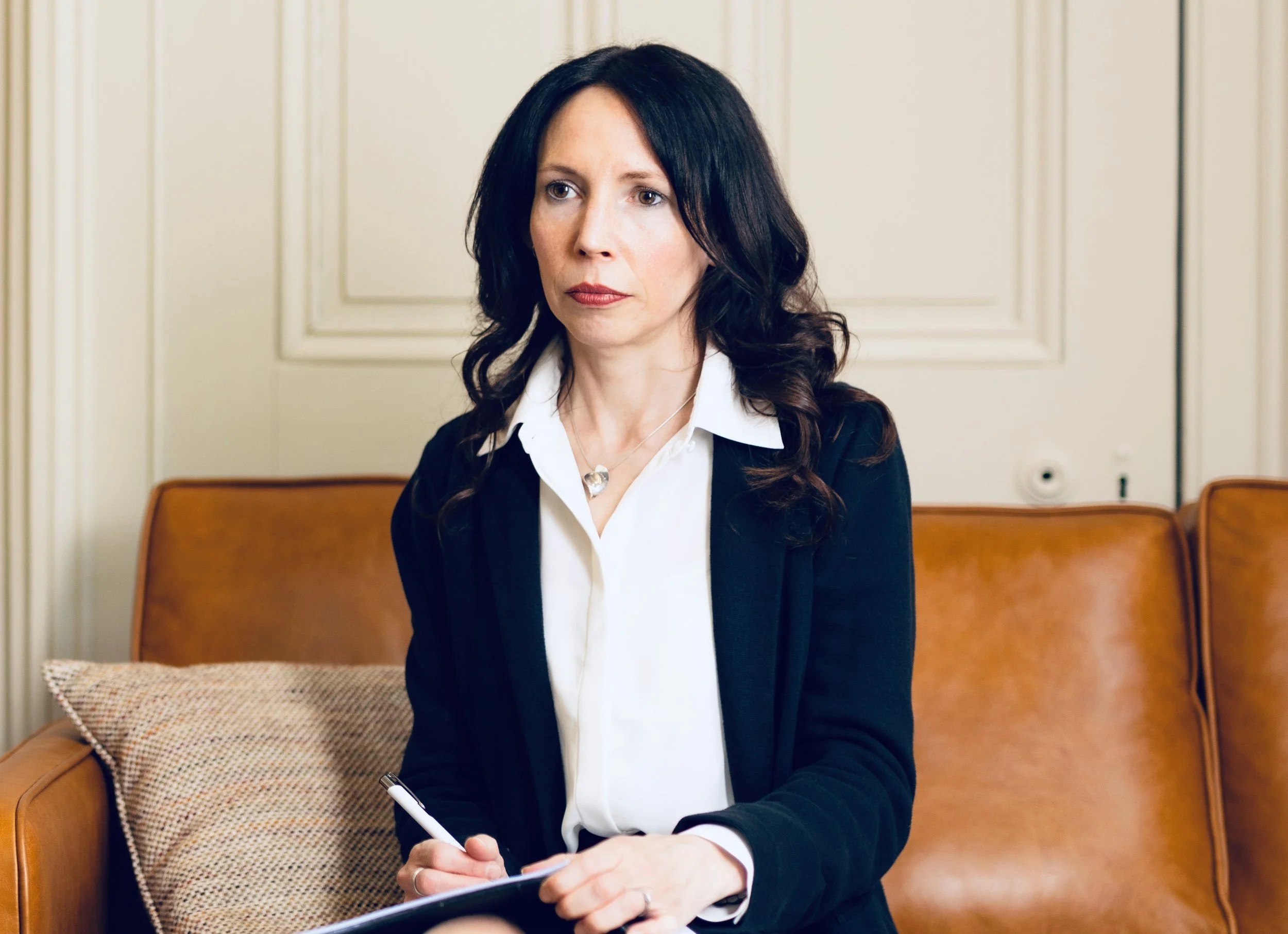SEPTEMBER 2025 - How to make more time to think
A high proportion of leaders say they do not have enough time for thinking. They move from one meeting to the next, one issue to the next, one project to the next. Thinking feels like a luxury that is only possible once the doing has been done.
But often the doing is never done. With squeezed budgets, stretched resource and higher demands, being able to stop and reflect often seems impossible.
Yet, 9 in 10 senior leaders acknowledge that strategic thinking is critical, and to think strategically leaders need to make the time.
Reflection is a powerful skill and dramatically improves performance.
A key study by Harvard demonstrated a 25% increase in performance when people do make the time to reflect. Once significant experience has been accumulated the most valuable way to improve productivity and performance is reflection.
What is reflection?
Reflection is thinking about knowledge and skills, past experiences and future plans to gain broader or deeper understanding. It is done with the mindset of curiosity.
Why make the time to reflect?
Our ability to think develops both horizontally and vertically. Horizonal development is the acquisition of new skills and knowledge. Vertical development is the growth of mind to enable more sophisticated ways of thinking. As your brain develops vertically you have a greater capacity to navigate complex situations and ambiguity – a must for modern leadership in complex, often global, fast changing situations.
Reflection enables vertical development and means people can:
Make more connections
Expand their systems thinking
Boost their self-awareness
Enhance meta cognition - understanding own thinking processes and assumptions
Grow critical thinking
Complex problem solve
Reflection is not distress thinking
Reflection does not mean giving thinking time to worry, criticism, judgement, catastrophising or pity. If we do not have a habit of structured healthy reflection, then the brain can get tired of ‘doing’. At some stage it will reach a crisis point and then go into an unhealthy and unhelpful spiral of distress thinking.
How to reflect
Our modern lives are not set up in a way that encourages reflection. We have constant stimulation from our phones updating on news, other’s achievements on socials, emails and
messages. There is so much information in our pockets we could continue to develop horizontally (broadening and deepening skills and knowledge) 24/7. I imagine If you commute on the train, bus or taxi, you probably spend the journey on your phone - prior to phones you would have been thinking about your day, or about the days ahead.
We seem therefore to have less time to think. If we lose that ability to think we lose the ability to grow.
We need to make time for it and that means spending time with your memories, feelings, experiences, future plans and goals. I think this explains one of the reasons for the growth of coaching. In coaching people have time to stop, reflect and be.
You can reflect alone, with one other person or with a group or team, and it is useful to have all three over the course of a month. Backward looking and forward-looking reflection are useful. There are a number of reflective frameworks, from the simple ERA (experience, reflection, action) and Driscolls What model (What? So what? Now what?), to more in-depth models such as Gibb’s reflective cycle: Description, Feelings, Evaluation, Analysis, Conclusion, Action plan.
In practice reflection can be micro or macro. A short 5-minute self-reflection after a meeting to consolidate or before to prepare can be simple but powerful. Or longer reflections of 30-90 minutes are useful for in-depth reflection. Decide the scope of the reflection which can be specific: I.e. How do we expand into that new market with limited investment? Or more general: What are my reflections on the last quarter and what does that mean for the quarter ahead?
It is useful to make the reflecting action-focused, so you always end with the ‘So What?’
Writing down your reflection is highly useful as it deepens learning. You may choose to reflect whilst on the move - if so, it is still useful to jot down your key reflections once you have the opportunity.
A simple but effective reflective framework is to ask:
What’s happened?
What has worked well?
What has worked not so well?
What does this mean for next steps?
And to ask the same questions but reframing by asking How would ‘X’ answer these questions [where X is client/team/customer/peer/manager].
End the reflection asking what insights do I have and what shall I do with these insights?
Other powerful reflection questions:
Who would see this differently to me and how would they see it? What can I learn from that?
If I was to challenge my thinking on this, how would I do that?
What patterns or trends am I seeing? What patterns and trends am I not seeing?
How do I feel about this? How does this match up with what I think about it?
What has surprised me and what can I learn from that?
What has been challenging and what can I learn from that?
What am I avoiding asking or thinking about? And knowing that, what do I need to do?
What has been successful and what can I learn from that?
If you reflect as a team, you can swap the ‘I’ for ‘we’ and ask the same questions.
How could you make more time for reflection. And how could you encourage others to do the same?

